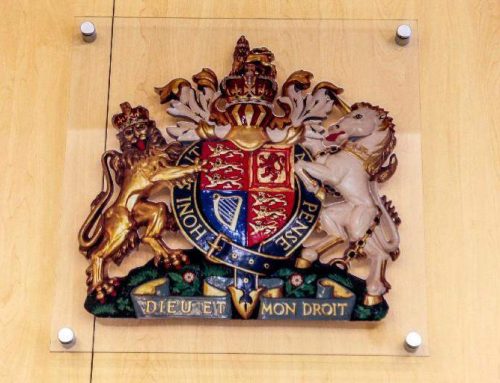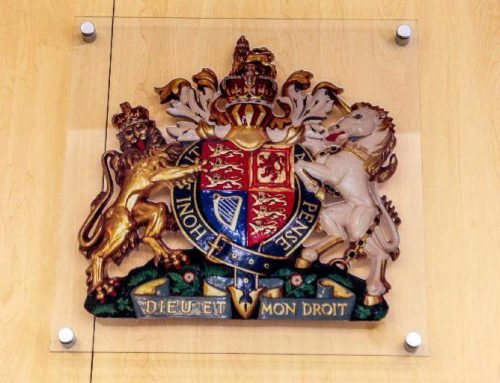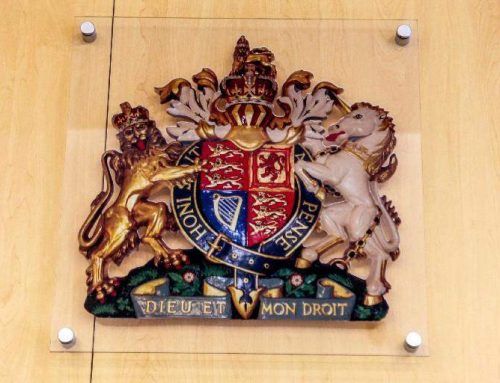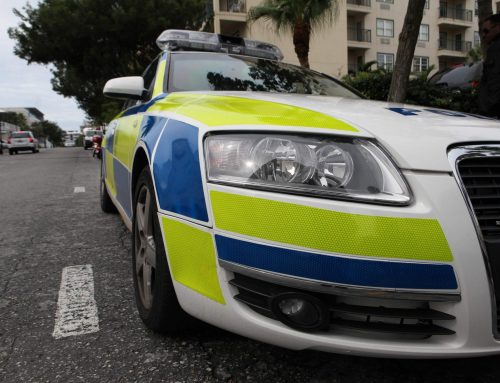The Supreme Court has appealed to lawmakers to beef up insurance legislation designed to help people injured on the roads.
The court ruled that Antonio DaCosta, who suffered more than $700,000 in damages after he was hit by an impaired driver, could not benefit from the Motor Insurers Fund because the man who hit him had insurance coverage although it was limited.
The insurance policy offered only the legal minimum of $125,000 in compensation because the man who hit Mr DaCosta was impaired at the time.
But Puisne Judge Shade Subair Williams said in a September 10 judgment, as she dismissed the claim against the Motor Insurers Fund, that legislators should consider a change to the law to protect people hurt in similar incidents.
Mrs Justice Subair Williams added: The devastating reality of this case is that Mr DaCosta, through no fault of his own, has endured years of a life-changing tragedy triggered by an irresponsible impaired driver, who was more than prepared to cruelly leave Mr DaCosta abandoned at the scene of the accident.
Mr DaCosta suffered serious and chronic injuries requiring more than a dozen surgeries and several months as an inpatient at the hospital.
This has all been compounded by his inability to resume his trade and his added financial burden of hundreds of thousands of dollars in unrecovered damages and legal costs.
She said: It is hoped that cases of this kind will not recur and that the legislature will give some strong consideration to revising the inadequate $125,000 limit for coverage.
The Supreme Court heard that Mr DaCosta was riding a motorcycle on South Road in Paget on January 1, 2016, when he was struck by a car driven by Chris Carter.
Carter left the scene of the crash, but was later traced by police and he pleaded guilty in court to driving while impaired by drugs or alcohol.
Mr DaCosta spent six months in King Edward VII Memorial Hospital with a range of injuries, including a dislocated and fractured hip, a broken leg and a broken ankle.
He also suffered several complications, including serious infections, which extended his stay at the hospital.
Mr DaCosta was unable to return to his work as a gardener and landscaper because of his injuries.
He launched a legal action against Carter and BF&M, the insurer of the vehicle, in 2018 and was awarded $733,659.20.
But the court heard that because Carter was impaired, it triggered an exclusion clause which meant the insurer would cover only $125,000 of the award the minimum requirement in the legislation for cases of death or injury.
The ruling left the balance of $608,659.20 to be paid by Carter.
Mr DaCosta appealed this year to the Motor Insurers Fund, a corporate body created to support people injured in crashes that involved uninsured or unidentified drivers
The maximum amount that can be paid to a single person from the fund is $375,000.
Mrs Justice Subair Williams dismissed the case after she found the MIF had no requirement to pay out because the driver was covered by insurance, even if the claim was limited by Carters impairment.
The judge said: Had the exclusion clause been lawfully capable of giving rise to an absolute denial of coverage, only then could it be correctly stated that Mr Carter was uninsured.
However, the reality is that his insurance coverage was limited, not excluded.
It is The Royal Gazettes policy not to allow comments on stories regarding court cases. As we are legally liable for any libellous or defamatory comments made on our website, this move is for our protection as well as that of our readers.







